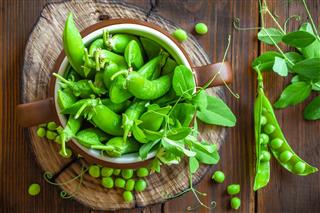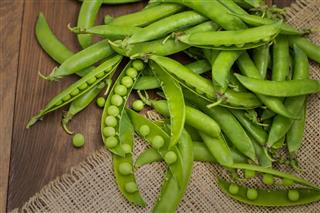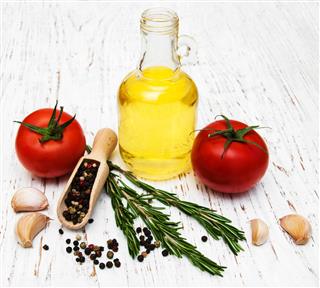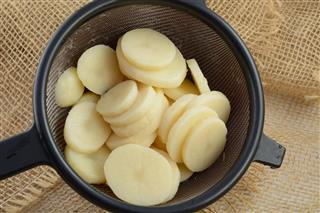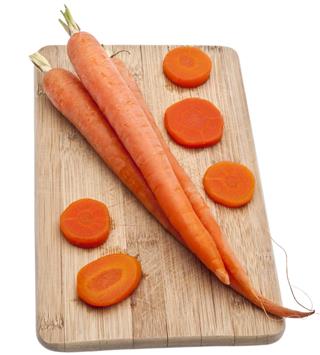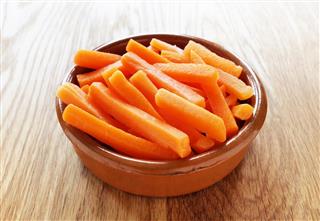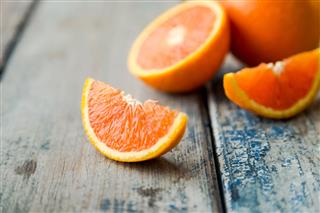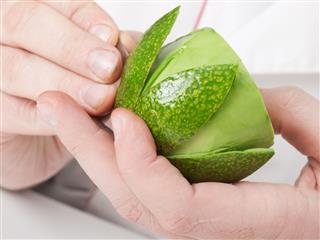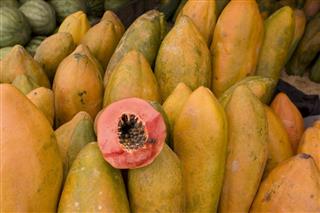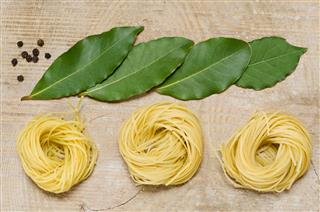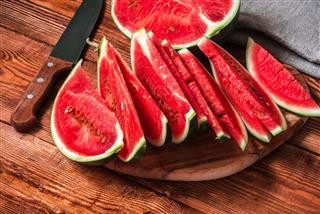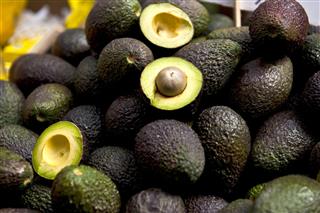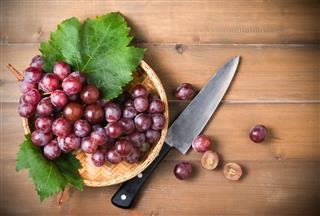
It is essential to follow a proper diet, if suffering from diverticulitis. This article provides information on diverticulitis diet and foods to avoid in this diet.
Diverticulitis is a condition marked by inflammation or irritation of diverticula in the colon. In simple words, it can be defined as the inflammation of the sac or the pouch in the intestinal tract. The symptoms include nausea, constipation, vomiting, difficulty in passing stool, abdominal cramps, fever, and sharp abdominal pain. Although the exact cause is unknown, increased pressure in the colon is considered as the main cause of diverticulitis. The increase in the pressure can be due to constipation or having a diet very low in fiber. Diverticulitis usually occurs in people suffering from diverticulosis.
It should be noted that the conditions, diverticulitis and diverticulosis, are distinct from each other. The symptoms of both these condition are slightly different. A person does not feel much discomfort when suffering from diverticulosis. Bloating, constipation and mild cramps are the symptoms of diverticulosis. A diet plays an important role in treating diverticulitis.
Diverticulitis Diet
It has been observed that diet plays a major role in causing diverticulitis. If you observe any signs of diverticulitis, the first thing you should do is to consult the doctor in order to get the condition diagnosed. Secondly, you must keep a check on your diet for proper functioning of digestive system. There are certain foods you should stay away from in order to improve your health. You should note that following the diet properly and regularly will help in faster healing.
Foods to Avoid
- Nuts and Seeds: Any kinds of nuts and dried fruits are difficult to digest and hence, should be avoided. Along with nuts, seeds of sesame, pumpkin, caraway and sunflower should also be avoided for the same reason.
- Corn: Corn and other corn products like popcorn, cornstarch should be avoided as they can worsen the symptoms of diverticulitis.
- Spicy Food: Foods containing chili peppers or other spicy foods should also be avoided as they tend to irritate the stomach. You should also go easy on junk or try to avoid it as much as possible, when suffering from diverticulitis.
- Whole grains: Apart from these, whole grains, beans and lentils, etc., are also some of the foods to be excluded from the diet. You can rather have white bread, rice or refined pasta.
- Cruciferous Vegetables: It is advised to avoid cruciferous vegetables like cauliflower, cabbage, kale and broccoli. You can have other vegetables; but, remember to consume them without their skins.
- Acidic Foods: Foods like tomatoes, tomato juice, prunes and prune juice, lemons, cheese, etc. should also be restricted as they are acid-forming foods.
High Fiber Diet
As aforementioned, low amount of fiber in diet can result in diverticulitis disease. Therefore, a high-fiber diet is advised to people to relieve diverticulitis symptoms. You can have banana, carrots, skinless potatoes, vegetable juices, husks, peaches, watermelons, etc. It is essential to consult the doctor before consuming any dairy products as its effects vary from one person to the other. For the infection to heal faster, diverticulitis low residue diet is often recommended by doctors. Fiber helps in softening the consistency of stools and also helps in its easy movement. Constipation can be cured by having a high-fiber diet. But, you should also note that excess fiber is harmful to the body; and hence, you should have only the prescribed amounts of fibers in your daily diet.
Fluids, especially water, tea or coffee without cream can also be safely consumed. If a person experiences bloating, he must completely avoid sugar, soda based drinks, apples, plums and other dried fruits. Once the symptoms heal, you can slowly start having your regular diet again. Apart from diet, an active lifestyle and exercise greatly helps in preventing diverticulitis.
You must remember that diverticulitis can be treated by medications and by following a strict diet. Lastly, it should be noted that this article is meant for information purposes and should not be substituted for medical consultation. Take care!


